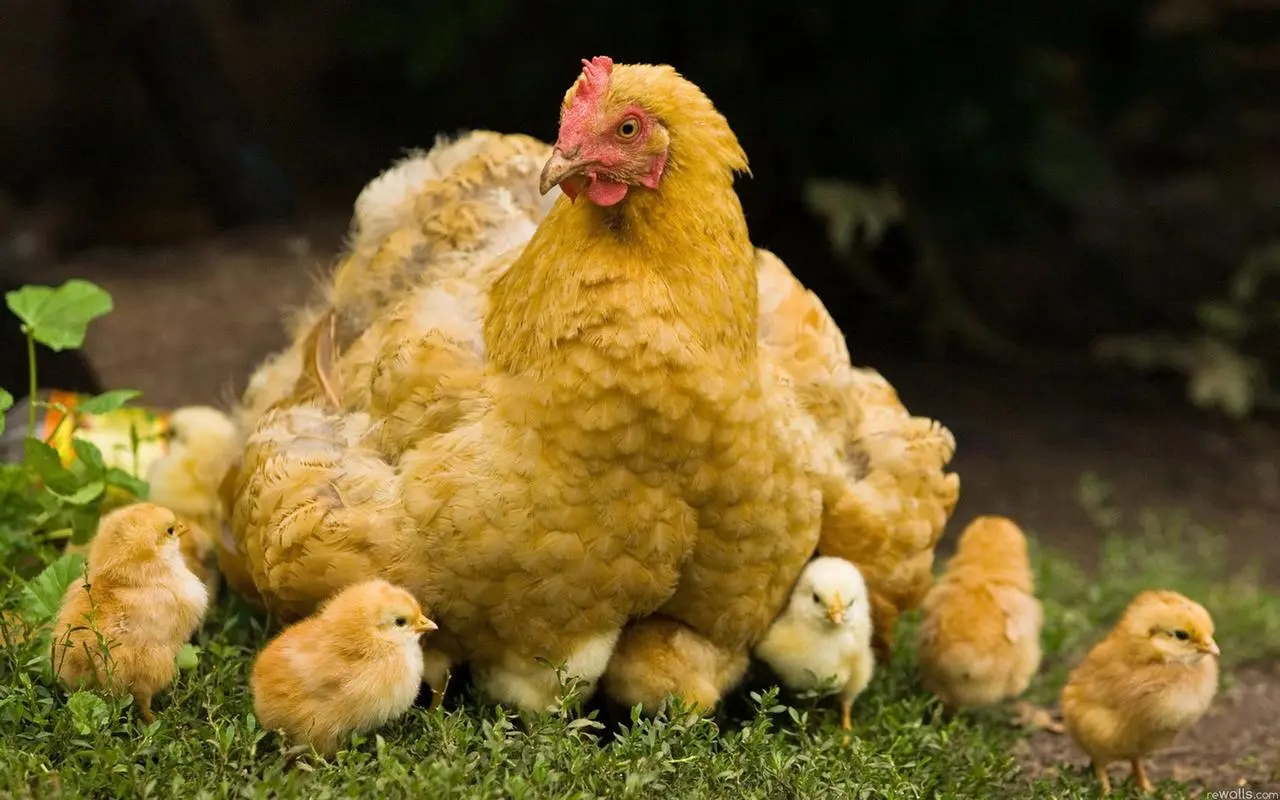Summer is a period of high incidence of chicken pox, and the risk of spreading chicken pox is exacerbated by the ravages of mosquitoes and flies. In order to ensure the health of chickens, farmers need to take a series of preventive and control measures to deal with this challenge in a clear and organized manner.
A. Cognition of chicken pox and triggers
Chicken pox, an infectious disease caused by viruses, mainly through mosquitoes and other blood-sucking insects. In summer, there are a lot of mosquitoes and flies, which provide convenient conditions for virus transmission. In addition, excessive density of chickens, poor ventilation, darkness and dampness of the chicken house and malnutrition may also induce chicken pox.
B. Understand the characteristics of epidemic
Chicken pox mainly affects chickens over 30 days old, with skin type, eye type, mucous membrane type and mixed type. Chickens without immunization or failed immunization are more susceptible to infection. Laying hens may only show individual skin symptoms at the beginning, but with the development of the disease, symptoms such as tearing and respiratory difficulties may appear, and even lead to death.
C. Clearly organized prevention and control of chicken pox
1. Emergency inoculation and protection of healthy chickens:
* Immediately carry out emergency vaccination of healthy chickens with chickenpox vaccine, using 5 times the amount of jabs to enhance the immunization effect.
2. Isolation and treatment:
* When sick chickens are found, isolate them immediately and cull the seriously ill ones.
* Conduct harmless treatment such as deep burial or incineration for dead and culled sick chickens.
* Strictly sterilize chicken coops, exercise grounds and utensils.
3. Improve the rearing environment:
* Clean up weeds around chicken coops, fill up stinky ditches and cesspools, and reduce mosquito and fly breeding grounds.
* Install screens and curtains to prevent mosquitoes and flies from entering the chicken coop.
* Decrease the rearing density of chickens, strengthen ventilation, and keep the chicken coop dry and clean.
4. Drug treatment and care:
* For skin-type chicken pox, use iodized glycerin or gentian violet to smear the affected area.
* For diphtheria-type chicken pox, carefully remove the pseudomembrane and spray in anti-inflammatory drugs.
* For eye-type chicken pox, use hydrogen peroxide to disinfect and then put in anti-inflammatory eye drops.
5. Complication prevention:
* While treating chicken pox, focus on preventing concurrent or secondary infections such as staphylococcal disease, infectious glandular gastritis, and Newcastle disease.
https://www.incubatoregg.com/ Email: Ivy@ncedward.com
Post time: May-24-2024





